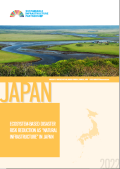
The case study details Japan's adoption of Ecosystem-based Disaster Risk Reduction to replace its ageing infrastructure.
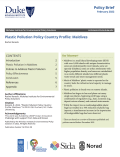
This document outline: the nature of the plastic pollution problem in Maldives, and available information about the national, subnational and international policy landscape guiding government approaches to the plastic pollution problem in the country.
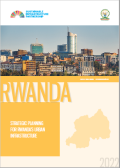
The case study details Rwanda's strategic planning approach to the development of an Eco-Tourism Park in line with the national green Growth strategy.
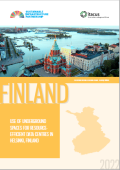
The case study details Helsinki's exemplary use of it's underground spaces.
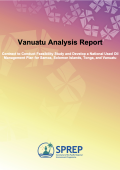
This report documents used oil production and existing used oil collection, storage, treatment, disposal and export services in Vanuatu to determine logistical issues and opportunities related to national used oil management.
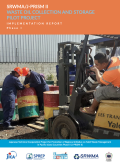
The report covers the waste oil activities implemented in Samoa and presents procedures, results and issues of the waste oil collection during the study.
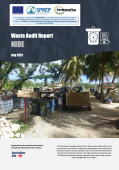
The report, prepared by SPREP in collaboration with (T+TI), presents the findings of the waste audit undertaken for the Pacific island nation of Niue.
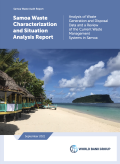
This report presents the findings of a study that includes an overview of the Samoan waste sector, current resource recovery, and institutional arrangements, private sector engagement and available infrastructure for both waste management and recycling.
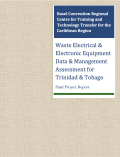
This report documents the outcomes of a rapid assessment on the waste electrical and electronic equipment (WEEE) waste stream in the Caribbean island nation.
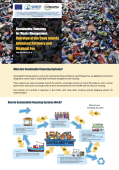
This document highlights a sustainable financing system in the Cook Islands that helps support the government's ability to divert recoverable items from landfill and into reuse or recycling.
